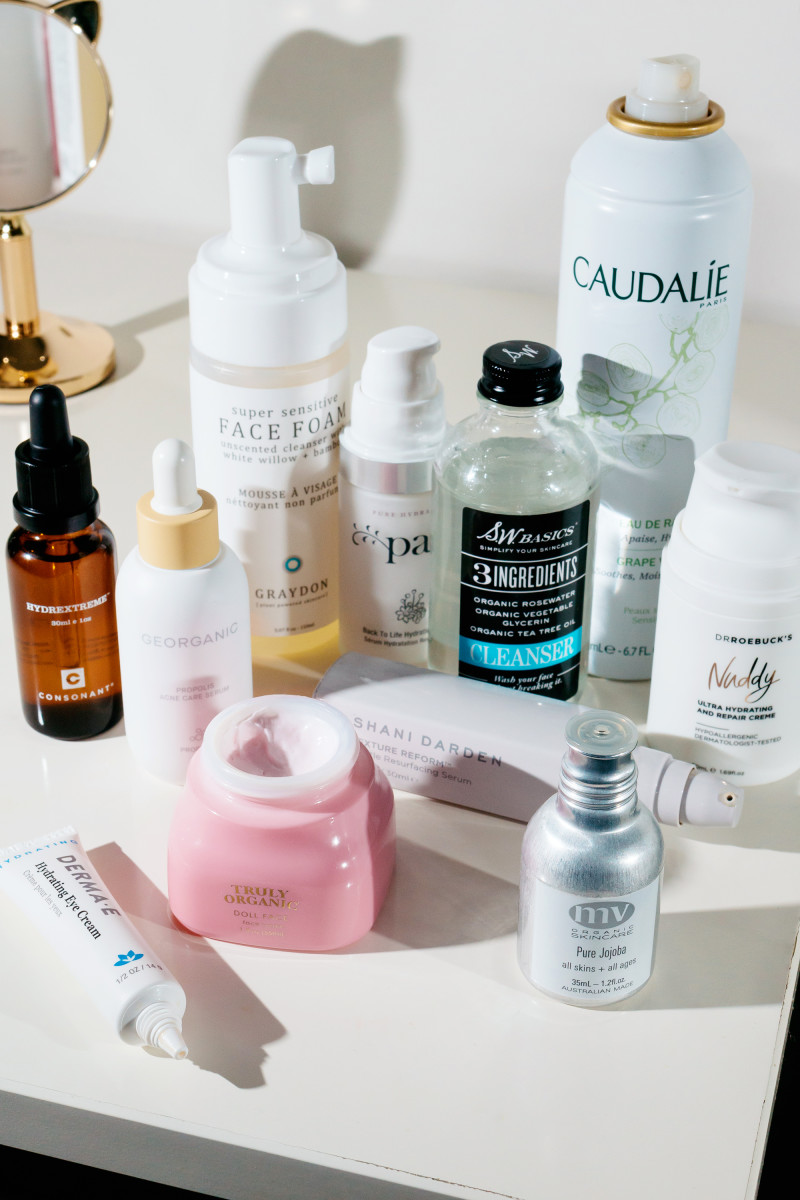Sensitive Skin and Care

Causes of Sensitive Skin
There are many factors that can contribute to sensitive skin. Some of the most common causes include:
- Genetics
- Allergies
- Hormonal changes
- Environmental factors
- Stress
Genetics
Some people are simply born with more sensitive skin than others. If your parents or grandparents have sensitive skin, there's a chance you may inherit it as well.
Allergies
Some people are allergic to certain ingredients commonly found in skincare products. These can include fragrances, preservatives, and dyes. If you have a known allergy, it's important to avoid products that contain those ingredients.
Hormonal Changes
Hormonal changes can also affect the sensitivity of your skin. This is why many women experience skin changes around their menstrual cycle or during pregnancy.
Environmental Factors
Environmental factors, such as sun exposure, pollution, and extreme temperatures, can also cause sensitive skin. It's important to protect your skin from these factors as much as possible.
Stress
Stress can also have a negative impact on your skin. It can weaken your skin's natural barrier function, making it more susceptible to irritation and inflammation.
Skincare Tips for Sensitive Skin
If you have sensitive skin, it's important to take extra care when choosing your skincare routine. Here are some tips to keep in mind:
Choose Gentle Products
Look for products that are specifically designed for sensitive skin. Avoid products that contain harsh ingredients, such as alcohol or fragrances.
Test Products Before Use
Before using a new product, do a patch test on a small area of your skin. This will help you determine if the product is likely to cause a reaction.
Avoid Over-Exfoliating
Exfoliating can be beneficial for your skin, but it's important not to overdo it. Stick to gentle exfoliants and avoid using them more than once or twice a week.
Protect Your Skin
Wear sunscreen every day, even if it's cloudy outside. Choose a sunscreen with a high SPF and broad-spectrum protection.
Stay Hydrated
Drinking plenty of water can help keep your skin hydrated and healthy. Aim to drink at least eight glasses of water a day.
Pros and Cons of Sensitive Skin
Pros
- Less prone to acne and breakouts
- More aware of the ingredients in skincare products
- Can help avoid harmful chemicals and irritants
Cons
- More susceptible to irritation and inflammation
- May have difficulty finding products that work well
- May need to take extra precautions to protect skin from the sun and other environmental factors
Conclusion
If you have sensitive skin, it's important to take extra care when choosing your skincare routine. Look for gentle products, test new products before use, and stay hydrated. By taking these steps, you can help keep your skin healthy and looking its best.
FAQs
Q: Can sensitive skin be cured?
A: While there's no cure for sensitive skin, it can be managed with the right skincare routine.
Q: Can I still wear makeup if I have sensitive skin?
A: Yes, but it's important to choose makeup products that are specifically designed for sensitive skin.
Q: Can stress cause sensitive skin?
A: Yes, stress can weaken your skin's natural barrier function, making it more susceptible to irritation and inflammation.
Q: Should I use hot or cold water to wash my face if I have sensitive skin?
A: It's best to use lukewarm water to avoid irritating your skin.
